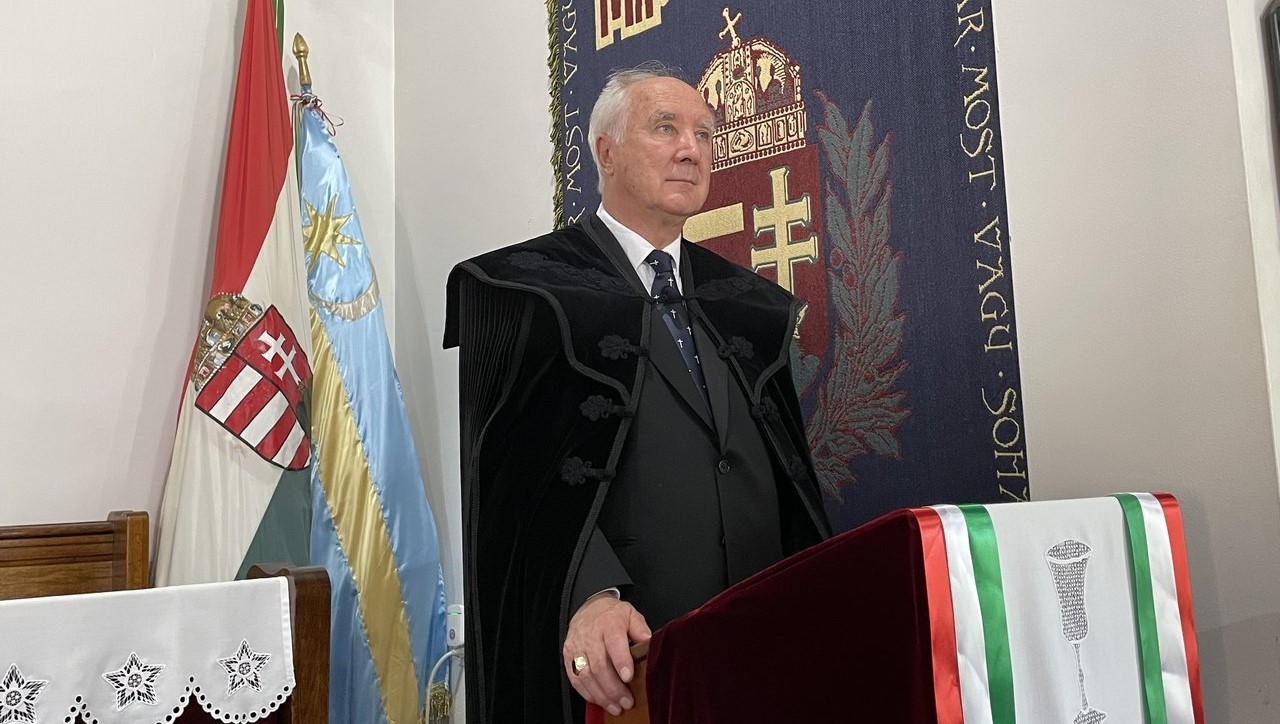
‘I didn’t even know where the theology school was. So, I got off at the Üllői Road intersection and walked to the pastoral office at Kálvin Square, where I told the pastor what had happened to me. He responded: “This is extraordinary. The theology school is actually nearby, on Ráday Street. Go there and apply.”’
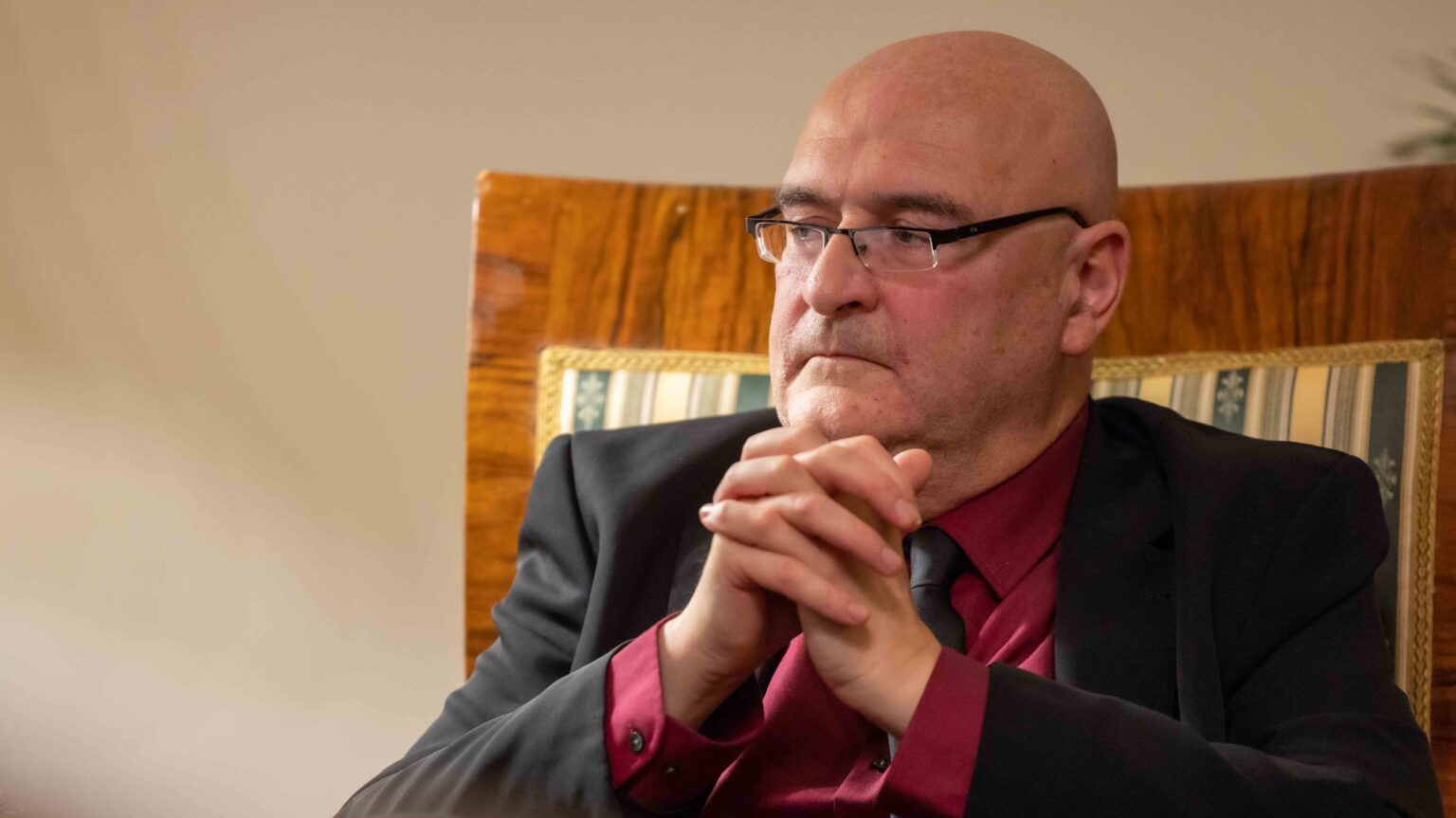
‘In Slovenia, we do not have any conservative party in the true sense of the word. It is better to speak of “centre-right” than conservatism in Slovenia. The Slovenian centre-right has three parties: the strongest Slovenian party ever, the SDS, and two Christian Democratic parties, NSi and SLS; the first is parliamentary, and the second has not crossed the parliamentary threshold for a long time.’
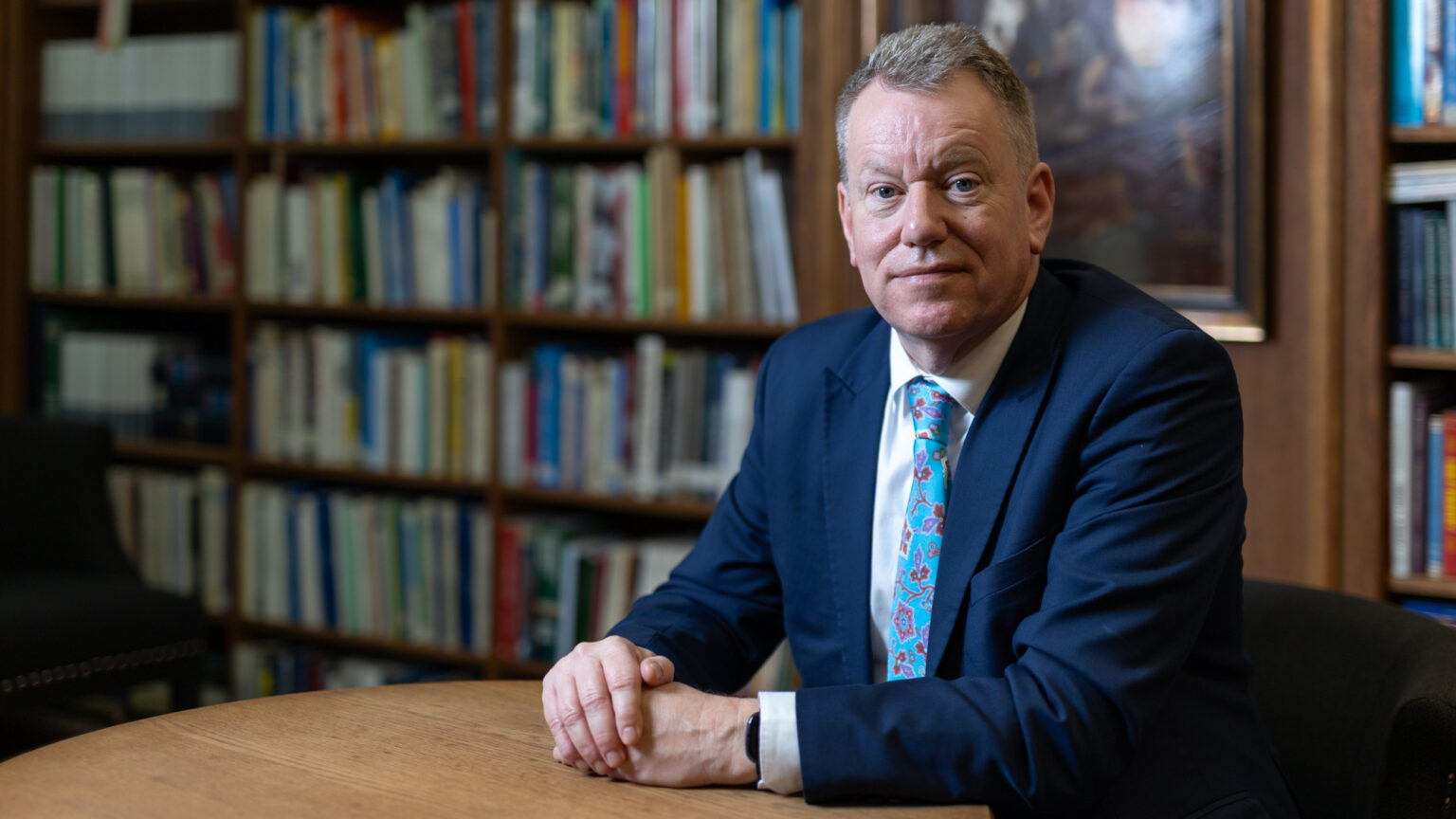
Can Donald Trump get what he wants, an operable ceasefire? Is it a manageable conflict between the US and Ukraine? What did Europe misunderstand in the present security situation? And what will be Britain’s role in the new world order? We talked to Lord David Frost, Britain’s former Chief Negotiator for Brexit.
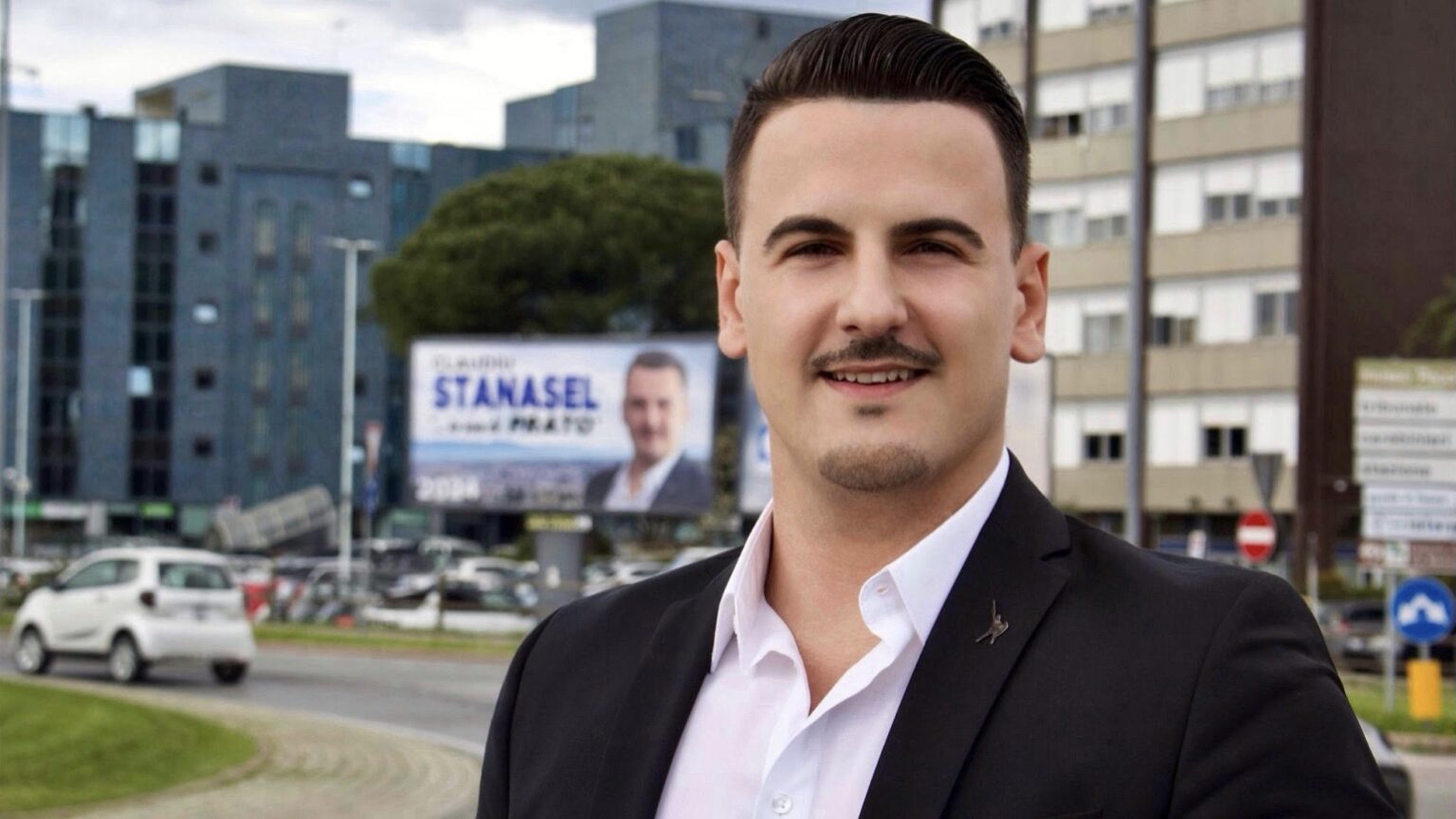
‘Italy is now leading the way, proving that an alternative is not only possible but essential. If other European nations follow this example, we will see the birth of a new Europe, one that prioritizes its people, its traditions, and its future. The time for compromises with failed ideologies is over. The time for a Europe of freedom, merit, and strength has begun.’
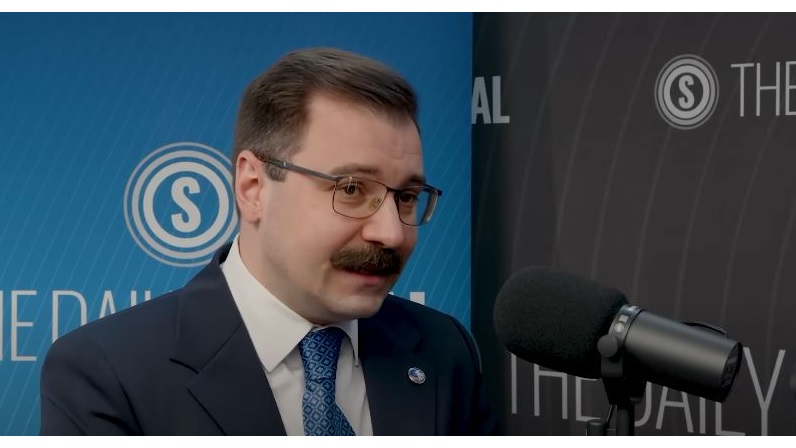
Director General for the Center for Fundamental Rights Miklós Szánthó sat down for an interview with The Daily Signal while attending CPAC 2025 in the United States. He explained that while it is a welcome development that USAID funding has been frozen, George Soros’ Open Society Foundations is still funding similar progressive programmes across Europe.

‘Hungary has set the standard for any other nation on what it really means to protect human rights, religious freedom for all, and protecting the family as well…For us in the United States, knowing that in Europe there is a country that really stands on fundamental principles and morals and values is very exciting for us and that’s why we’re seeing a great partnership between the Trump administration and the Hungarian administration, which will continue to grow,’ bishop and human rights activist Dr Paul Murray told our site.

An in-depth conversation with Gábor Mózsi, who, after an adventurous childhood in Budapest, moved to America at the age 21. He initially became involved in the Chicago Hungarian community as a photographer, then was elected president of the Hungarian Club. He also joined the board of the Hungarian Communion of Friends and helped launch a youth leadership training program.
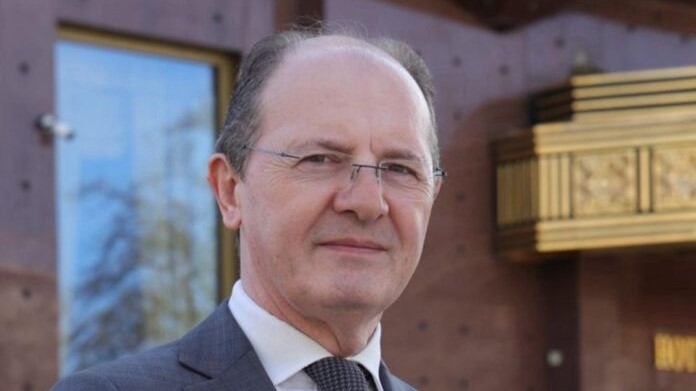
‘Europe lacked the necessary autonomy and did not understand the nature of the Ukrainian conflict enough to take a more independent stance against the pressures of the Biden administration,’ Jovan Palalić, member of the Serbian Parliament and President of the Serbia–Vatican Friendship Group in the National Assembly of Serbia, said in an interview.
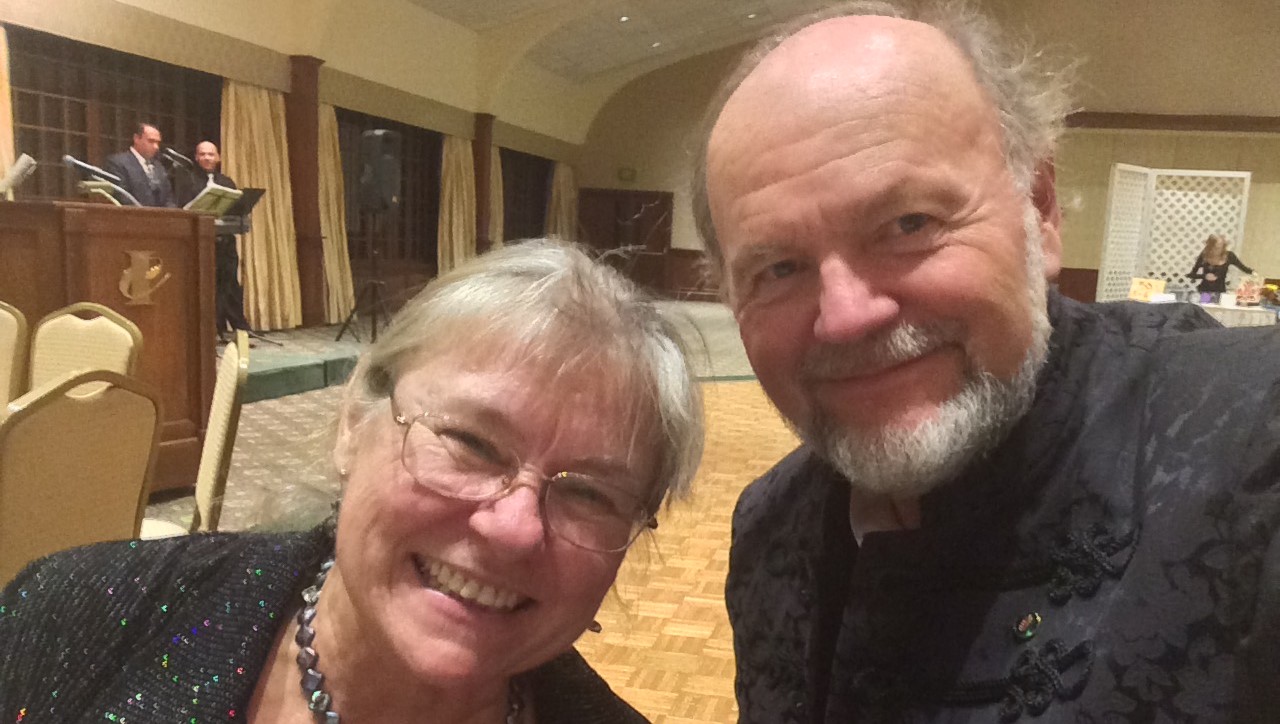
‘At that time, there was no Hungarian scouting in San Francisco, but when the idea of founding a local scout troop came up a few years later, I joined them as a patrol leader up front, even though I had never been a scout before. I thus became a founding member of the local troops, together with Tamás Csoboth and a few others.’

Zsuzsa has lived most of her life in Hungary, while Gyula grew up in the United States. They have known each other for only about 15 years, but since their first meeting in Budapest they have been driven by common social goals: strengthening cultural and economic ties between America and Hungary.

‘It’s the reality, and someone had to say it,’ remarked Sumantra Maitra, who was among the audience during US Vice President JD Vance’s speech in Munich, in an interview with Hungarian Conservative. The leading analyst of NATO strategy discussed the future prospects of the US–EU partnership within NATO, with a particular focus on the strategic importance of Greenland.
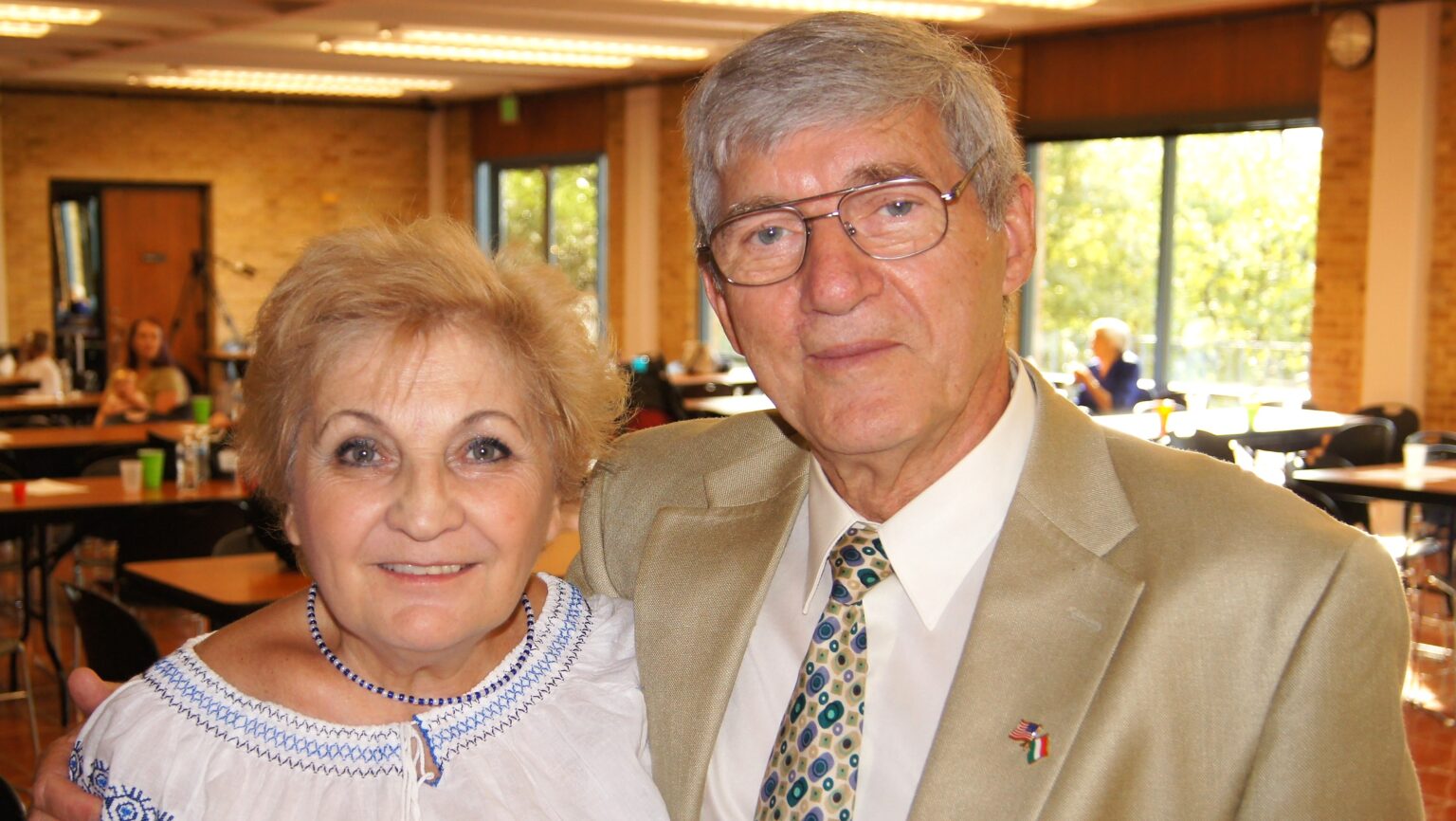
‘After passing all the tests to make sure that we were neither sick nor communists or spies, they let us go on the condition that we had a sponsor. We were sponsored by the Catholic Family Services in Amarillo, Texas, with whom we had no previous connection. When we arrived, with the organization’s help, my husband got a job within three days…’

‘It’s important to me that the kids know about their family history. One assignment I give my grade 6 class is to interview a family member who immigrated to Canada, and if that person is no longer alive, to interview someone who can tell them about this experience. The kids always learn something new, and so do I.’

‘Romania is in a deep political, social, and economic crisis. The causes are manifold, but the chaos was installed when the presidential elections were cancelled while the people were voting.’
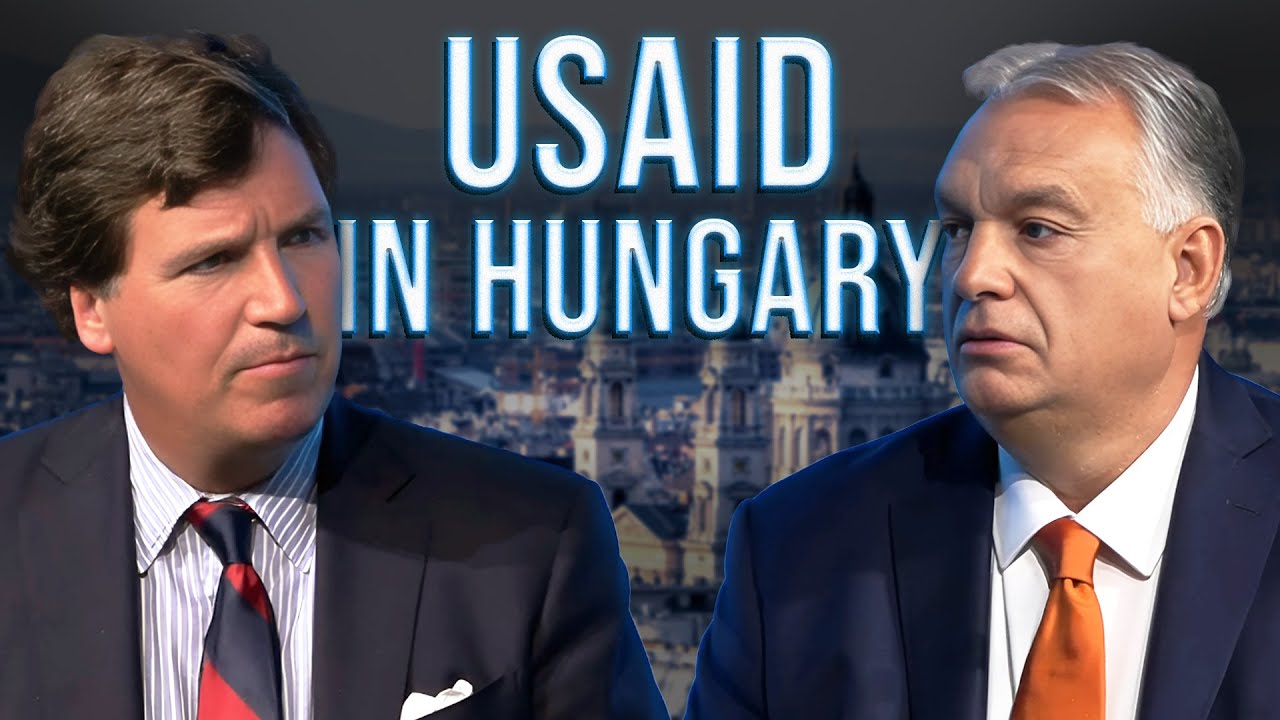
Prime Minister Viktor Orbán of Hungary has sat down with famed American political commentator Tucker Carlson for an interview again, this time in Dubai, United Arab Emirates. They have covered a wide array of important topics, such as the influence of the previous US administration on Hungarian politics, the state of the European economy, and most prominently, the potential end of the Russo–Ukrainian war.
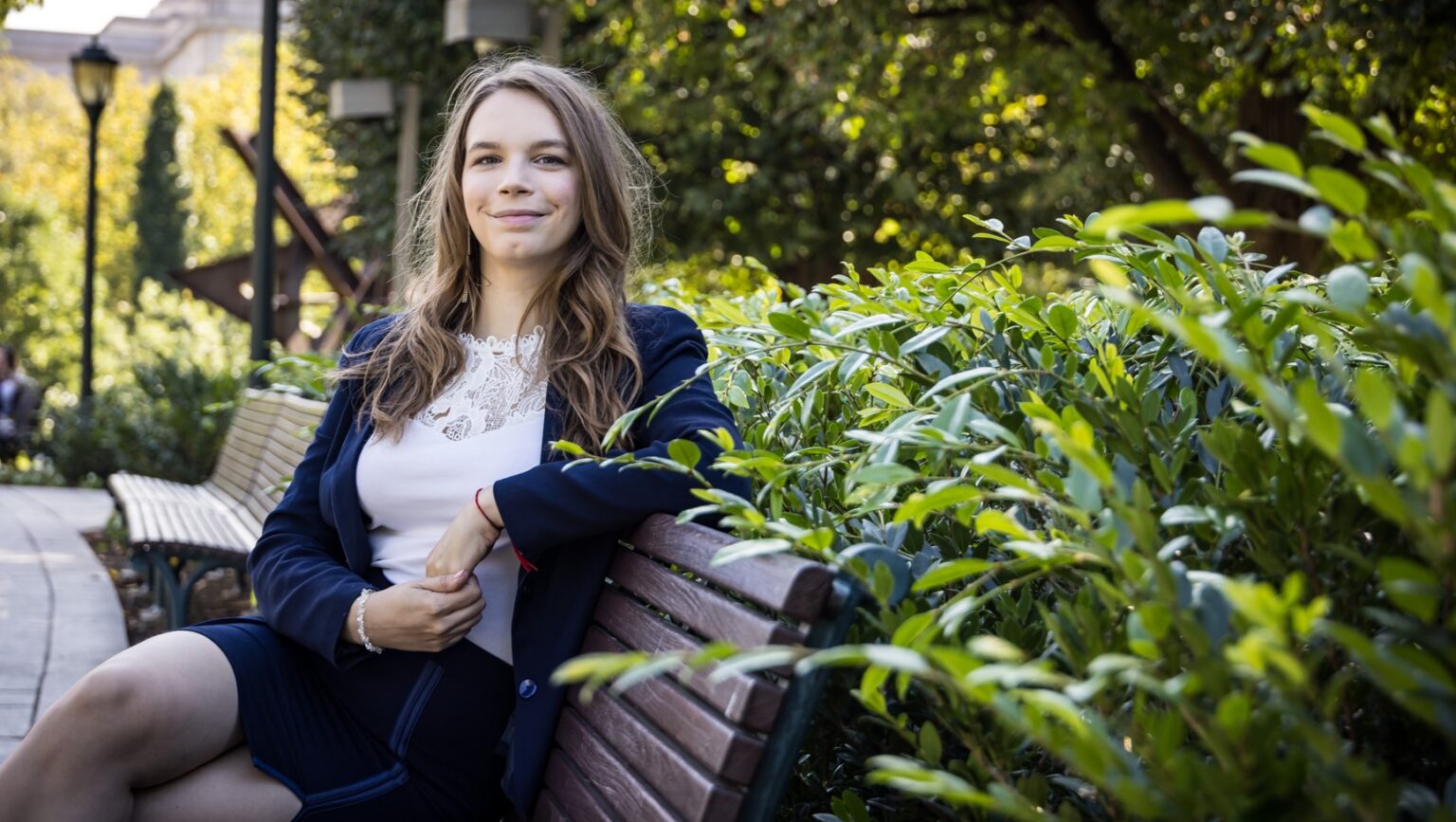
‘I’m grateful to God who has arranged this opportunity, and of course, I’m very grateful to the Hungary Foundation for helping me to come here, where I’ve already done so much, met so many interesting people, traveled a lot, attended, organized and delivered lectures—definitely a life-changing experience.’
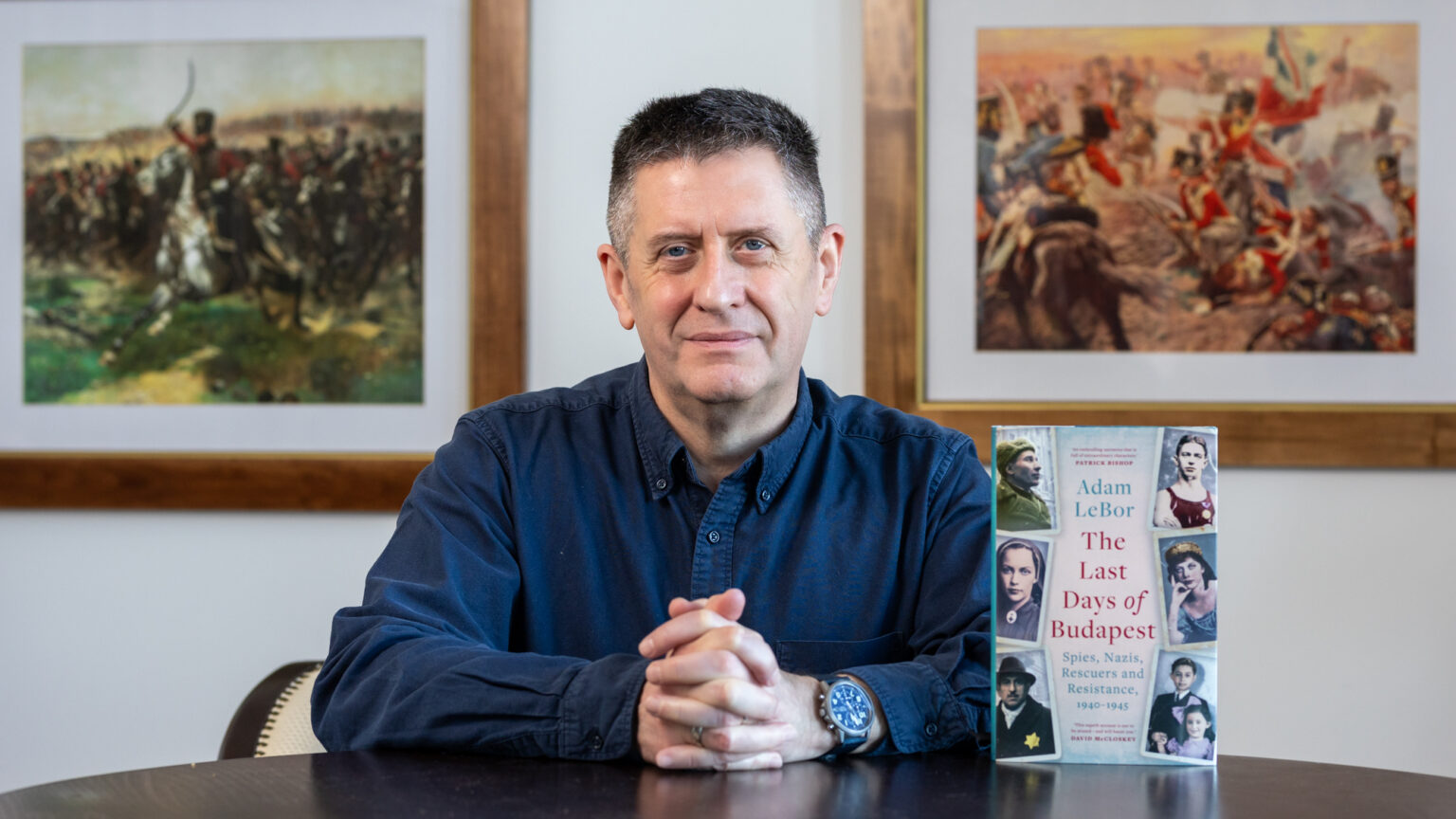
‘I picked a character—for example, Klára Andrássy or my late father-in-law, Róbert Ligeti—and just wrote out their story. Then, I had the key dates. Then, I wrote out the next one. And then I did it date by date: what was happening in spring 1941? What happened in 1942? Therefore, some chapters cover a shorter time—in 1942 and 1943—and the main story is about diplomacy in trying to change sides. But in 1944, after the Germans invaded, there were many, many stories going on and many characters,’ Adam LeBor told Hungarian Conservative.
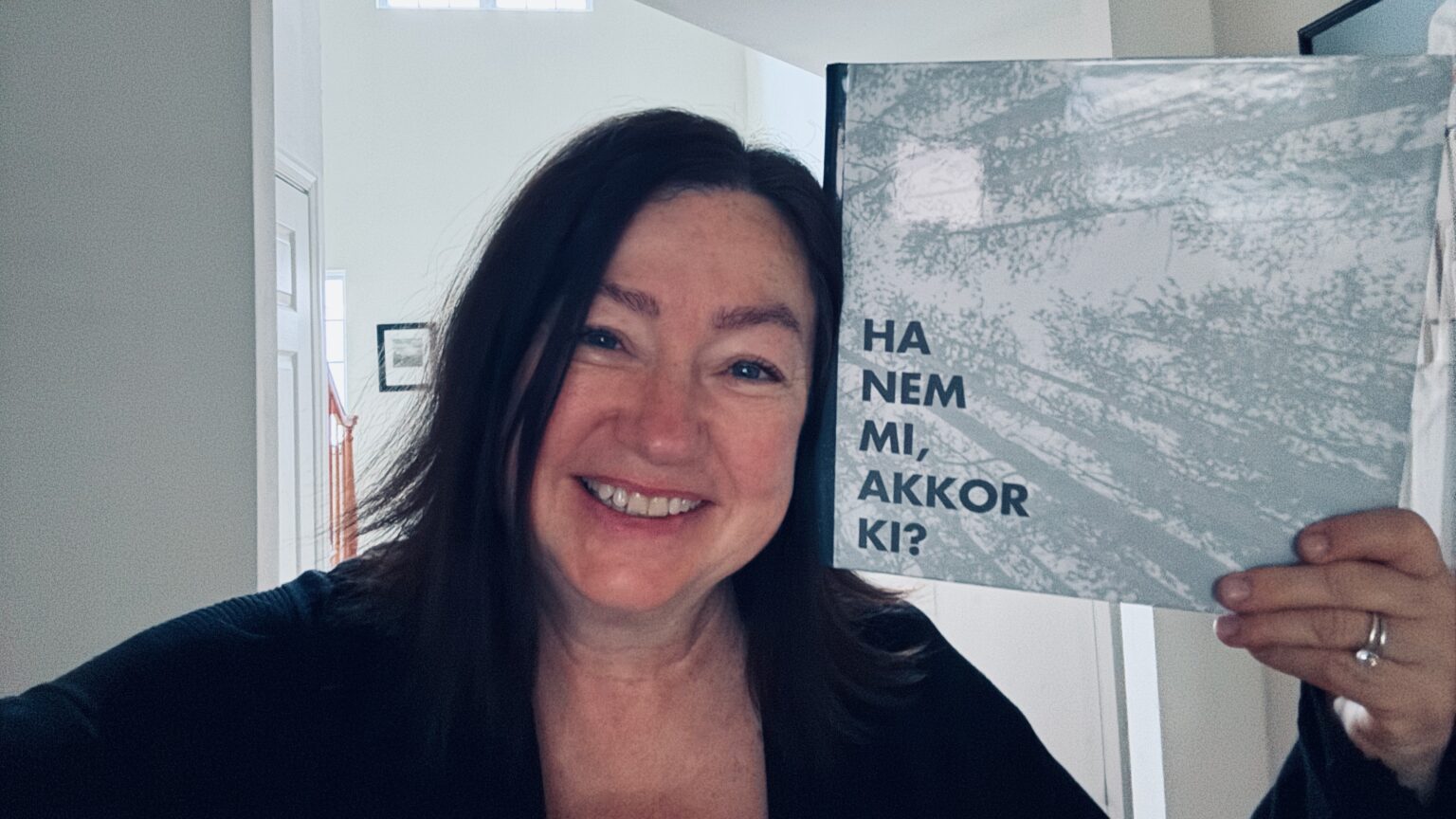
‘Another important point is that the goal of scouting is character development, not religious education…We’re aware that the world has changed, so expecting every scout to be religious and attend church isn’t realistic. But we do integrate faith in God into our scout work.’
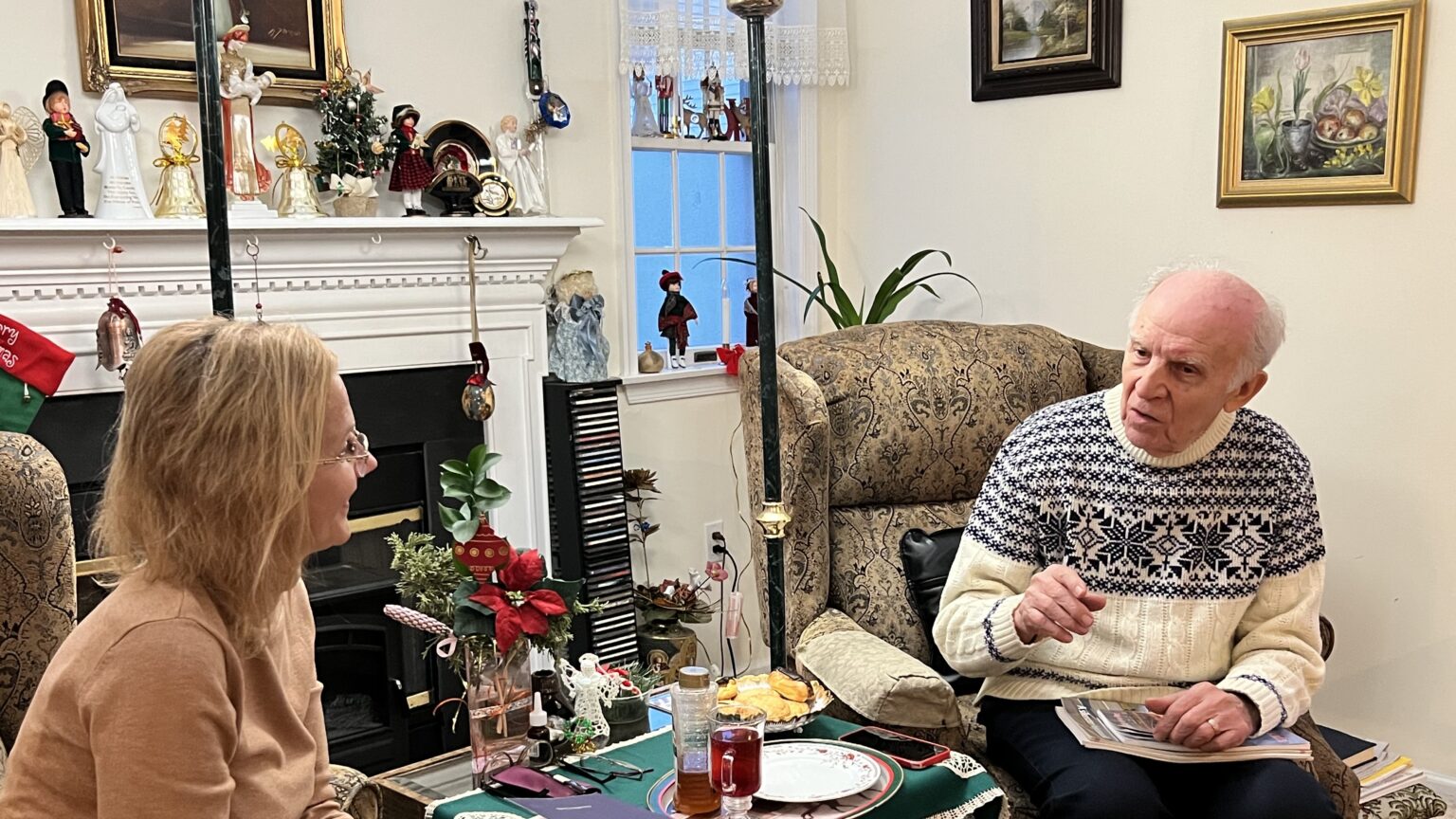
‘My life very often turned out completely differently than I had planned. History intervened several times; for example, World War II, the final phase of which I experienced in Hungary as a child aged 8–9; the communist dictatorship that followed; and then, the 1956 revolution and freedom fight and its suppression that I had to flee from.’
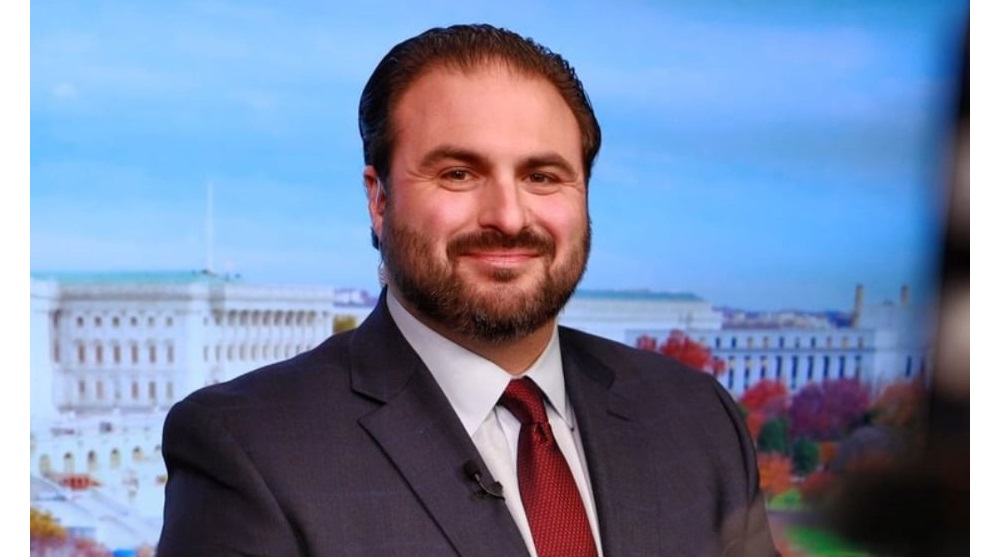
‘We’ve already seen a noticeable shift in tone that reflects the strong potential for a new golden age in US–Hungary relations under President Trump’s leadership. The renewed emphasis on mutual respect, shared strategic interests, and a commitment to sovereignty has been evident in early diplomatic engagements. However, this is just the beginning. There’s significant work ahead to translate this positive momentum into concrete outcomes,’ Bryan Leib has told our site.
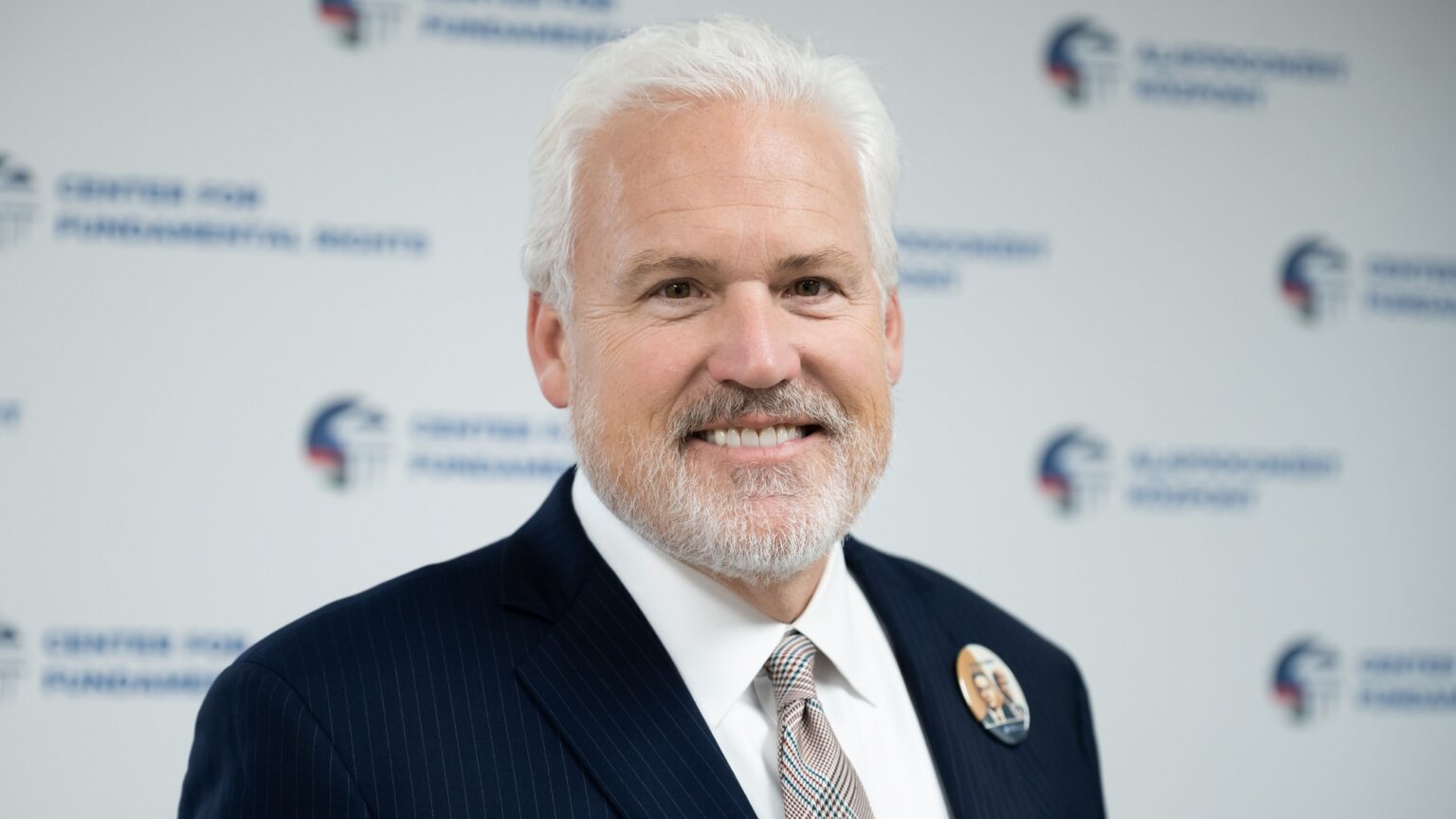
‘I was just in Poland. They’re very interested in doing a CPAC in Poland, which I think could have a positive impact from what I can see. If you’re in European politics, it’d be nice if Prime Minister Orbán had more allies in the EU,’ Chairman of the American Conservative Union Matt Schlapp told our site.

An in-depth interview with Péter Kiss, who came to America as a young adult, and after years of no contact with Hungarian Americans, visited the Garfield Hungarian Club almost by accident. Since then he has organized many events there, and also launched a podcast about the adventures of Hungarians in America.
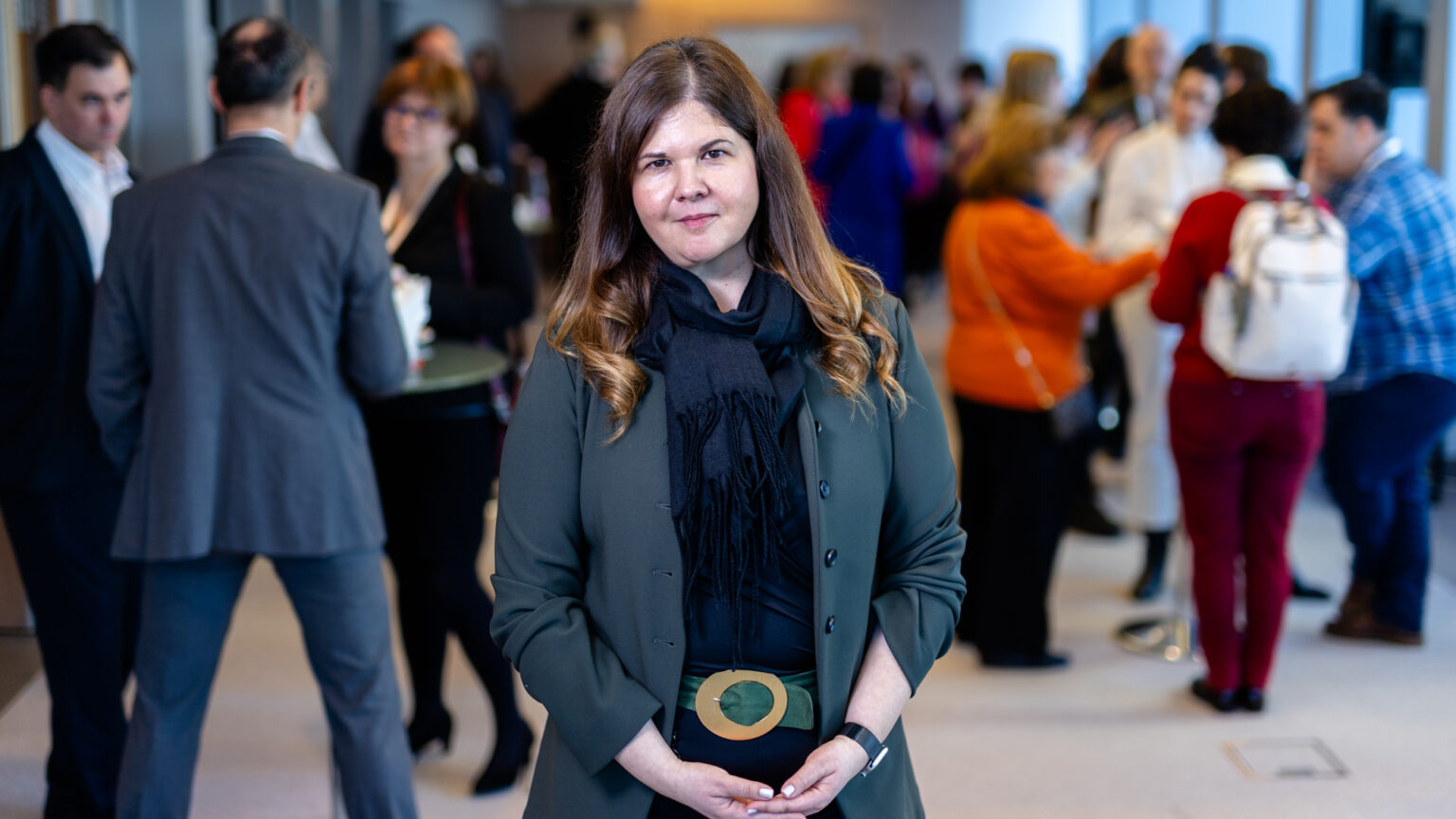
‘The EU will now present the new multiannual financial framework in the spring. And this is a consensual project. So all member states have to accept the Commission’s proposal. And therefore, obviously, for negotiating, Hungary can be there any time. This is a great ground for us to change things and, I would say, create a level playing field for us in the negotiations,’ she also told Hungarian Conservative.

On what basis did Israel conclude a ceasefire agreement with its enemy, Hamas? What does the Jewish state expect from Trump’s second term? Is a two-state solution possible? And what kind of ally has Hungary proven to be? An interview with Gideon Sa’ar, Minister of Foreign Affairs of the State of Israel.
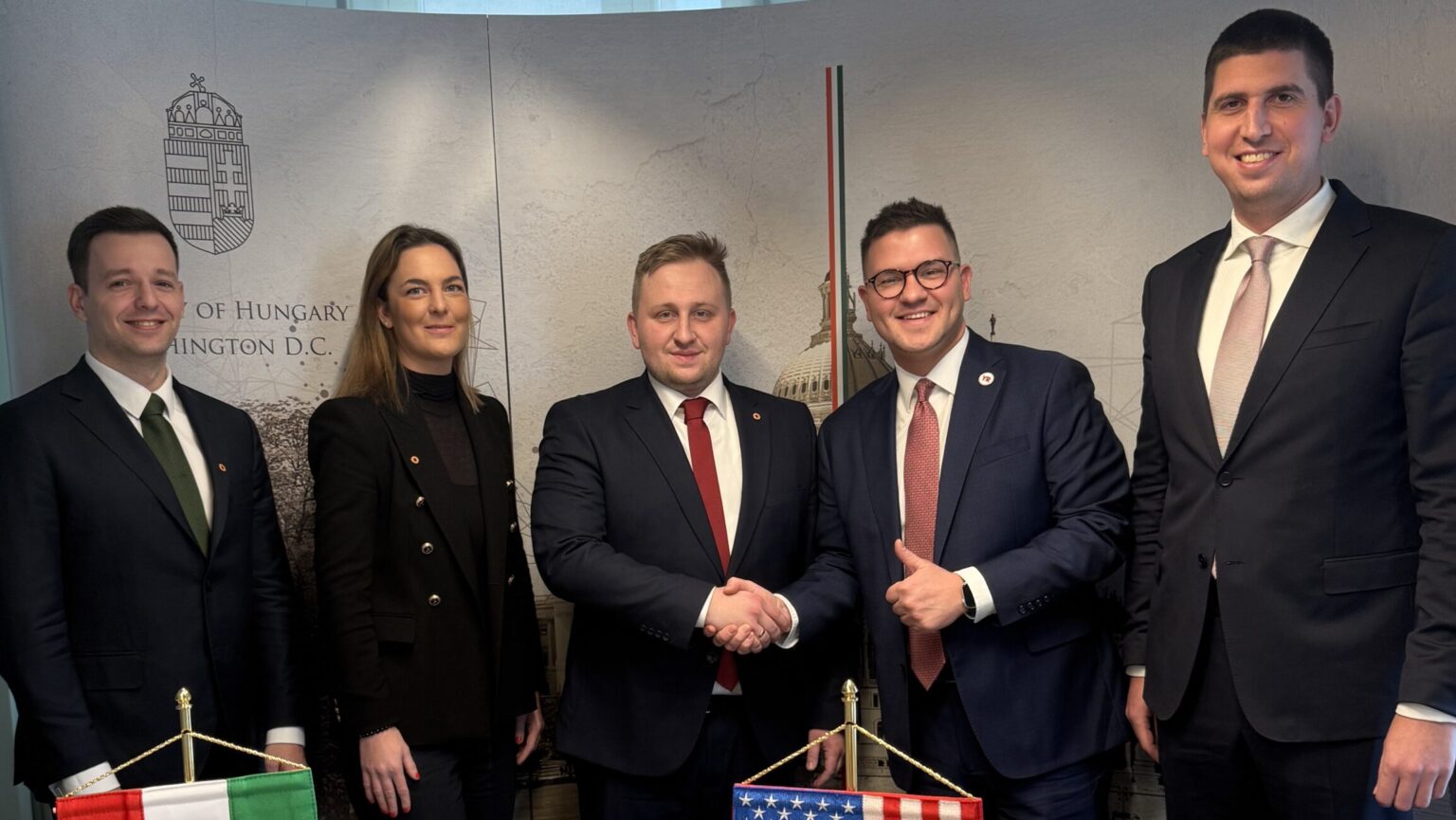
In an interview with Hungarian Conservative, Fidelitas President István Mohácsy spoke about his networking experience in the US where he headed a delegation invited to the inauguration of President Trump.

‘Everything I learned in sports has contributed to who I am today. That’s why I believe that when I have children, I’ll encourage them to do sports as well… It’s a blessing because it teaches discipline, focus, self-control, and perseverance.’
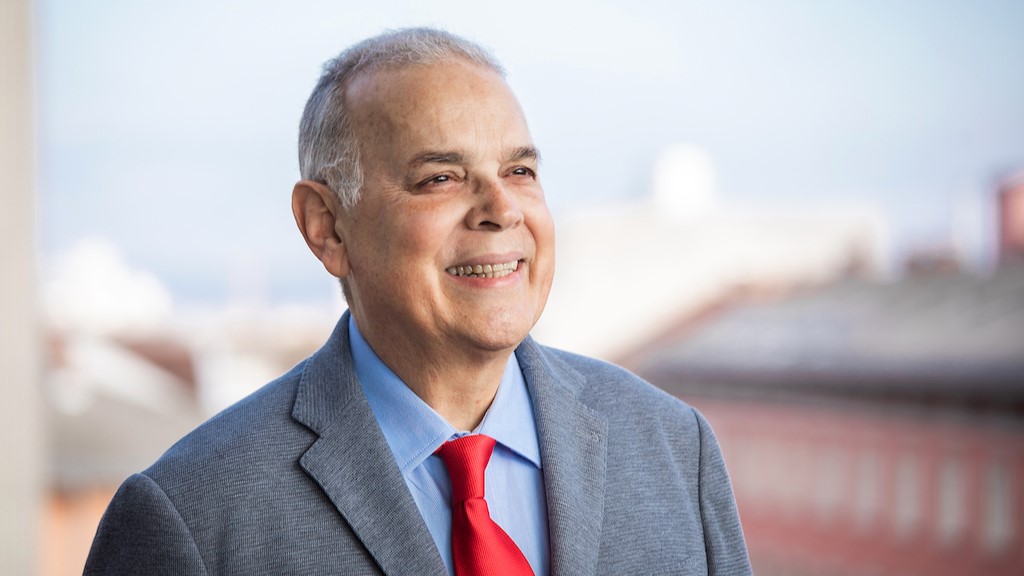
‘Unlike France and Germany, Hungary has not been affected by cultural Marxism or wokeist ideology, so our peoples—Latin American and Hungarian—fundamentally share the same values, based on love for God, country and family.’

The historical Crown Guard was re-established in 2011 as part of the 32nd Guard and Ceremonial Regiment of the Hungarian Defence Forces. The former commander of the guard, Colonel Barnabás Ádám sat down with Hungarian Conservative to discuss the significance of the Guard, as well as his time as the number one defender of the Hungarian Holy Crown.
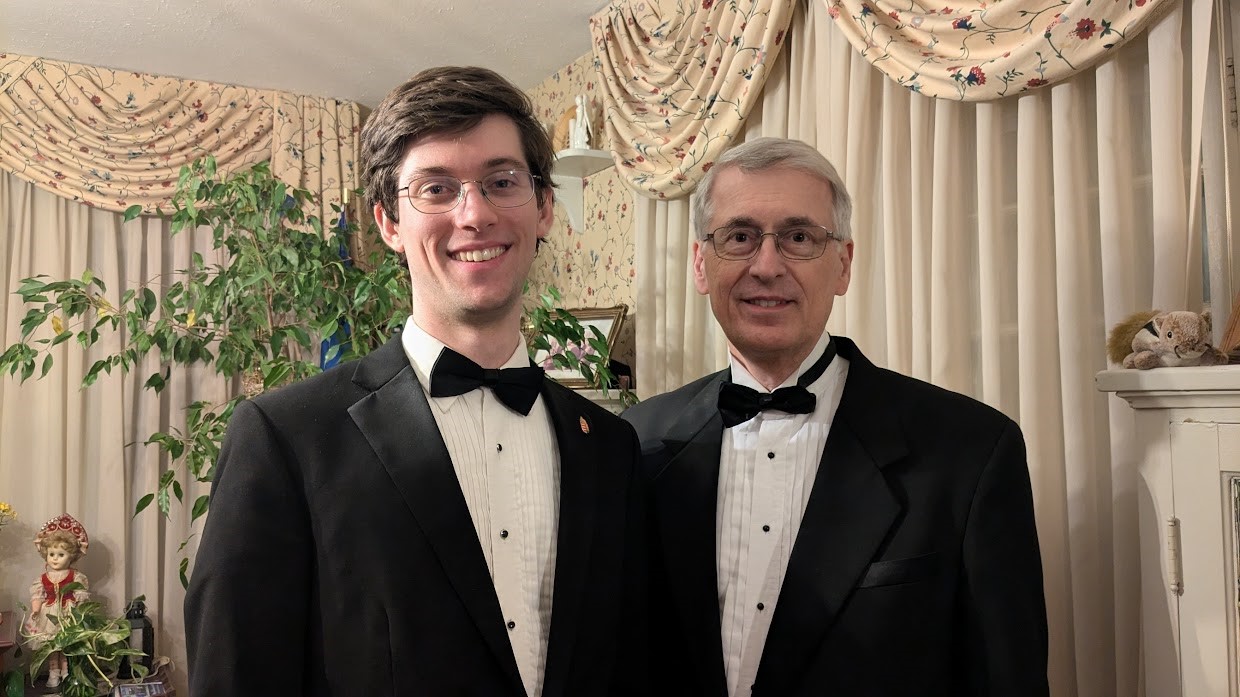
‘As I see it, the problem is always the same across the various minority communities here: there are fewer and fewer participants within them…my view is that even if there are only three or four people involved in specific activities, we should continue the organizing work, so that our communities and their associations continue to exist.’

‘The absolute number of those claiming Hungarian descent in the American censuses, approx. 1.5 million, has remained largely unchanged over the past few decades. Even if the communities dwindle, there will always be those who will do their best to be ‘Hungarian’. Because what does it take for someone to remain Hungarian in the diaspora? You need a Hungarian identity…and a culture you are proud of that you don’t throw away and don’t replace,’ says Kálmán Magyar Sr., conceiver of the Pontozó folk-dance festival.